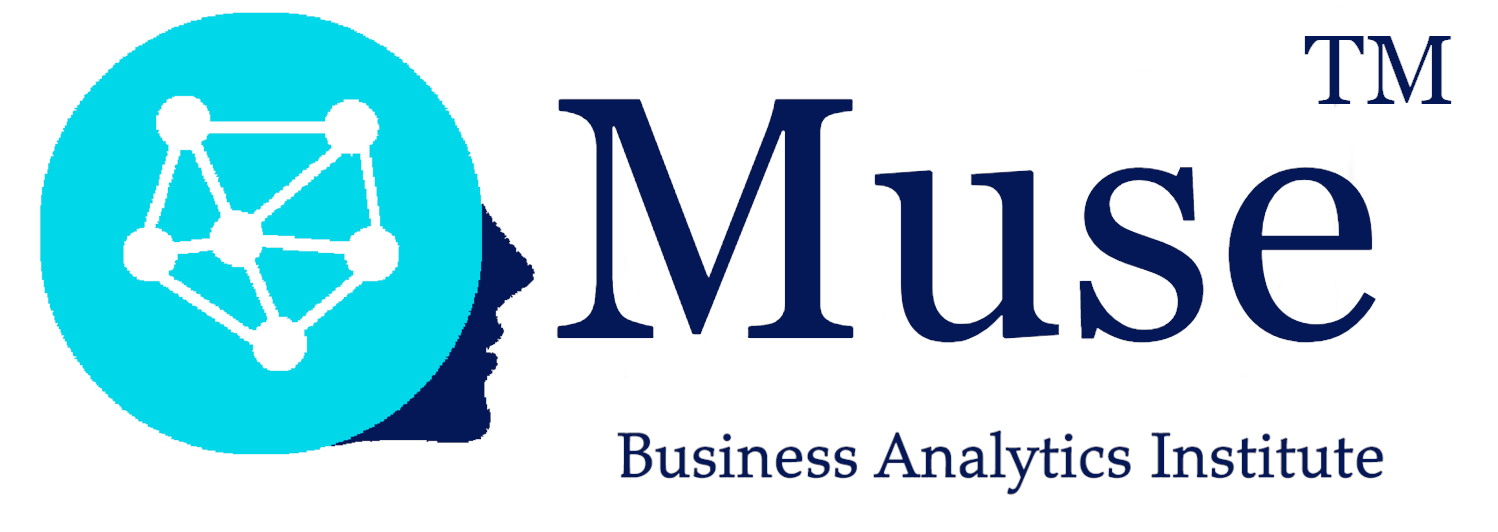AI in
Human Resources
In what conditions can AI improve human potential? In the field of Human Resources, management is looking to artificial intelligence to redefine the function, to improve its contribution to the organization, and/or optimize its core processes.
Vendors today are pitching ‘AI’ in the broadest sense to process candidate applications, better understand employee referrals, leverage workforce analytics, and supplement talent development programs.
Yet even these applications of Limited AI raise real challenges concerning the protection of personal privacy, the appropriation of implicit bias, the loss of human agency, and the need for managerial responsibility. For these reasons, we believe that the challenge of AI in HRM isn’t implementing the technology, but designing processes that actually improve human potential.
In the articles reviewed below, the authors discuss the challenges and pitfalls of artificial intelligence in HRM, the drivers and added value of AI in addressing the current crises, as well as the impact on the workforce and the lack of operational use scenarios.
They conclude there are ‘no one size fits all solutions’, and that management needs to invest the time needed to define a coherent set of objectives for these new technology projects, to develop processes that are adapted to the current organizational and market context, and design incentives that will encourage the change management needed to transform these promising ideas into effective practices.

